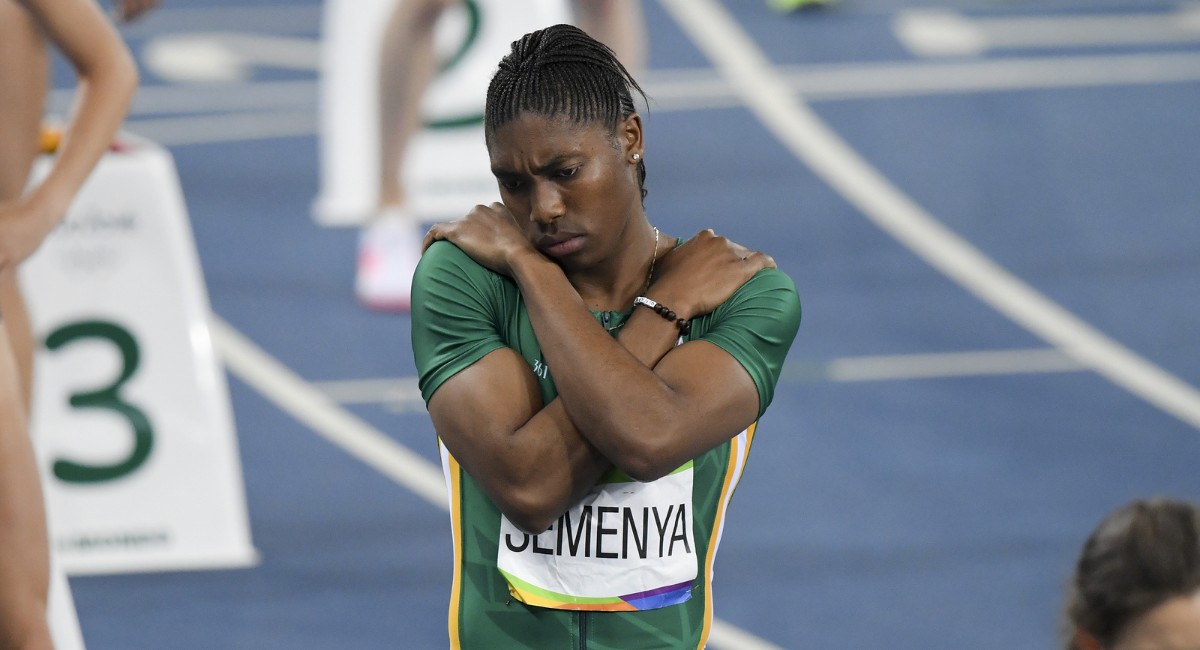
Semenya’s testosterone levels deemed too high to compete in women’s 800m
The champion athlete has lost her challenge to the IAAF
Since 2009 Caster Semenya, South Africa’s champion middle-distance runner has been winning races and fighting to prove that she is a woman. Last week, the 800m Olympic and World Championship gold medallis) lost her challenge against the International Association of Athletics Federations (IAAF) in the Court of Arbitration in Sport (CAS).
The IAAF has ruled Semenya’s testosterone will be too high for the athlete to compete in the 800m events going forward. However, the court ruled that “such discrimination is a necessary, reasonable and proportionate means of achieving the IAAF’s aim of preserving the integrity of female athletics,” according to the Washington Post.
The details of Semenya’s medical condition are confidential, but she seems to be intersex and produces far more testosterone than other women.
The IAAF announced new regulations in 2018, mandating that women’s testosterone levels be no greater than 5 nmol/L (previously 10 nmol/L) in order to compete. Semenya has already undergone hormone treatment, allowing her to compete under previous IAAF regulations. But she says she is not willing to undergo further treatment in order to meet the new standards.
Given that elite sports governance usually aims at limiting the use of drugs in sports; the fact that Semenya would have to increase drug taking in order to compete is ironic and also fraught with ethical difficulty.
Semenya’s case presents challenges for the participation of athletes who have hyperandrogenism – a condition that sees higher than usual testosterone levels in women – and for sports governing bodies seeking to regulate the competitive playing field.
“Certain bodies are never allowed to be female, are never allowed to be women, are never allowed to just be,” Pidgeon Pagonis, an intersex activist and co-founder of the Intersex Justice Project, told Vox. “What I think this comes down to is, Caster’s faster than white girls and she made them cry.”
Not all track and field categories will set the same regulations and Semenya has already alluded to competing in longer distances races, but is it only a matter of time before we see similar cases requiring further regulation?
Nic Zumaran writes from Sydney.
Creative commons
https://www.bioedge.org/images/2008images/FB-Olympic-Games-Rio_(1).jpg
genetic testing
intersex
sports ethics
- How long can you put off seeing the doctor because of lockdowns? - December 3, 2021
- House of Lords debates assisted suicide—again - October 28, 2021
- Spanish government tries to restrict conscientious objection - October 28, 2021
